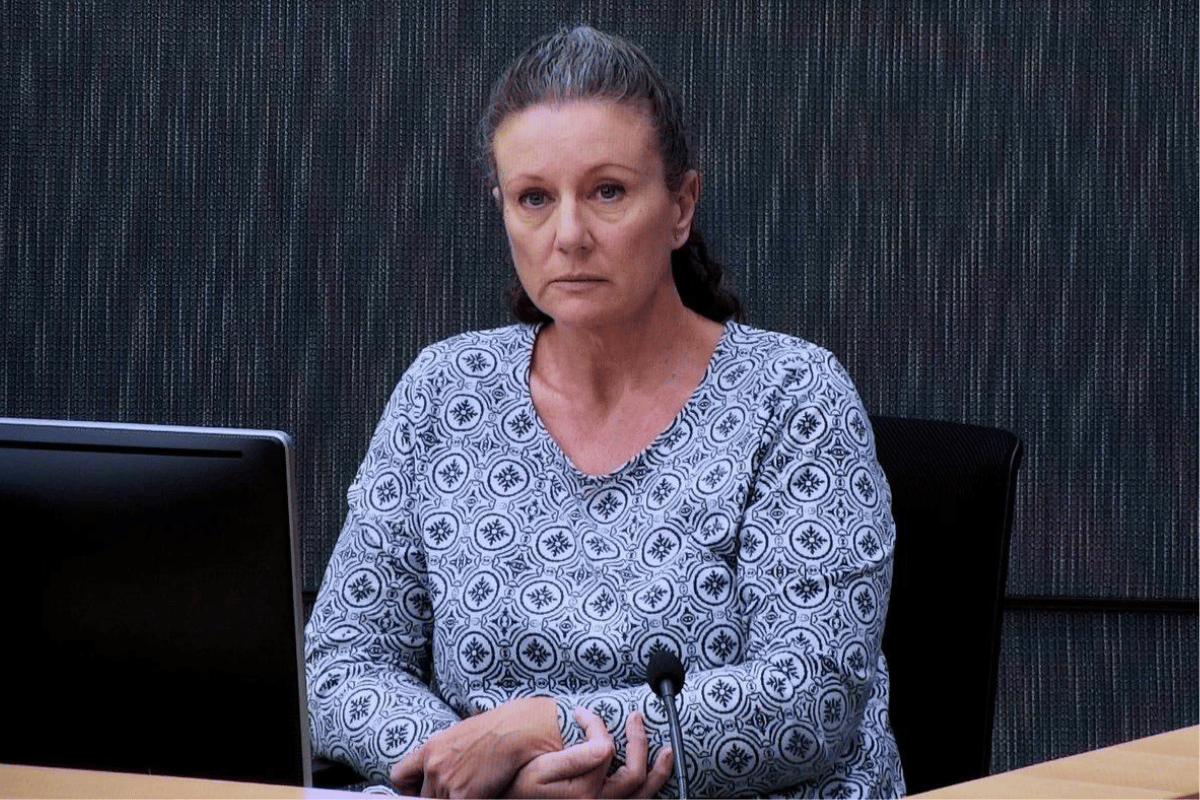
NSW Attorney-General, Michael Daley, has announced that Kathleen Folbigg will be released from prison immediately, after he received a report from NSW chief justice Tom Bathurst KC on Friday stating that there is "reasonable double as to Ms Folbigg's guilt".
Daley said that he took the weekend to weigh up Bathurst's preliminary findings and said that his reasons "established exceptional circumstances" that led him to recommend Folbigg's pardoning and release.
Tracy Chapman, Folbigg's long-time friend, said the past 20 years have been "horrific" for Folbigg, not least for the pain and suffering she has had to endure following the loss of her four children.
In a statement, Folbigg's lawyer said this case reminds us that "we are all human and our legal system can make mistakes".
"We have the capacity to do great things in the pursuit of truth. It is Ms Folbigg's hope that the legal system will thoroughly investigate sudden infant deaths before seeking to blame parents without good reason to do so. This case should reignite the discussion to strengthen the interactions between law and science," the lawyer said.
The announcement follows an intense campaign from experts and lawyers to release Folbigg following the findings of an inquiry that ended in April.
READ MORE: When Kathleen Folbigg was 15, she learned the truth about her family's dark history.
READ MORE: "I didn't kill my children." Kathleen Folbigg finally explains her haunting diary entries.
Back in 2003, Folbigg was handed a 25-year minimum sentence after being found guilty of three counts of murder and one of manslaughter over the deaths of her four children.

Top Comments